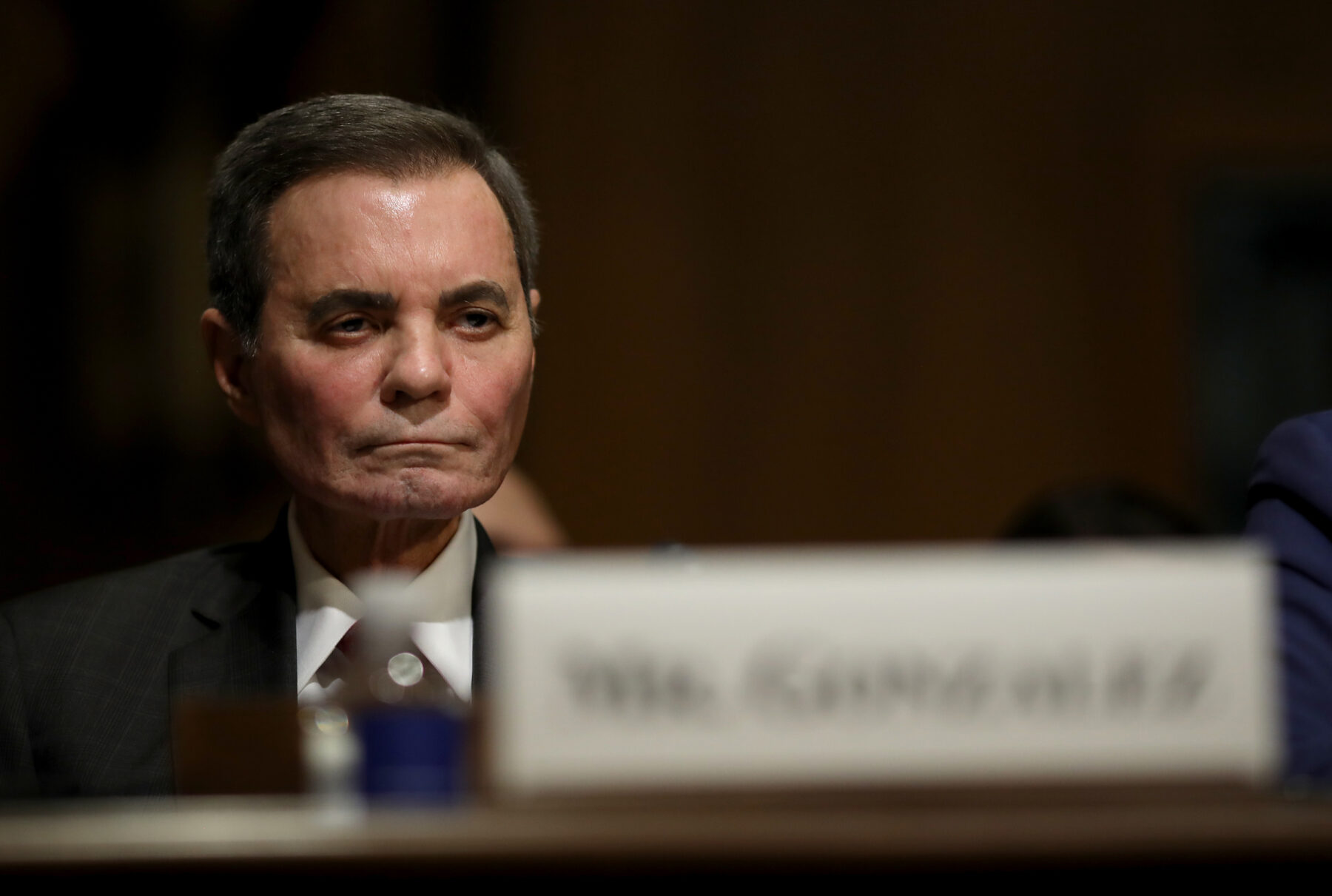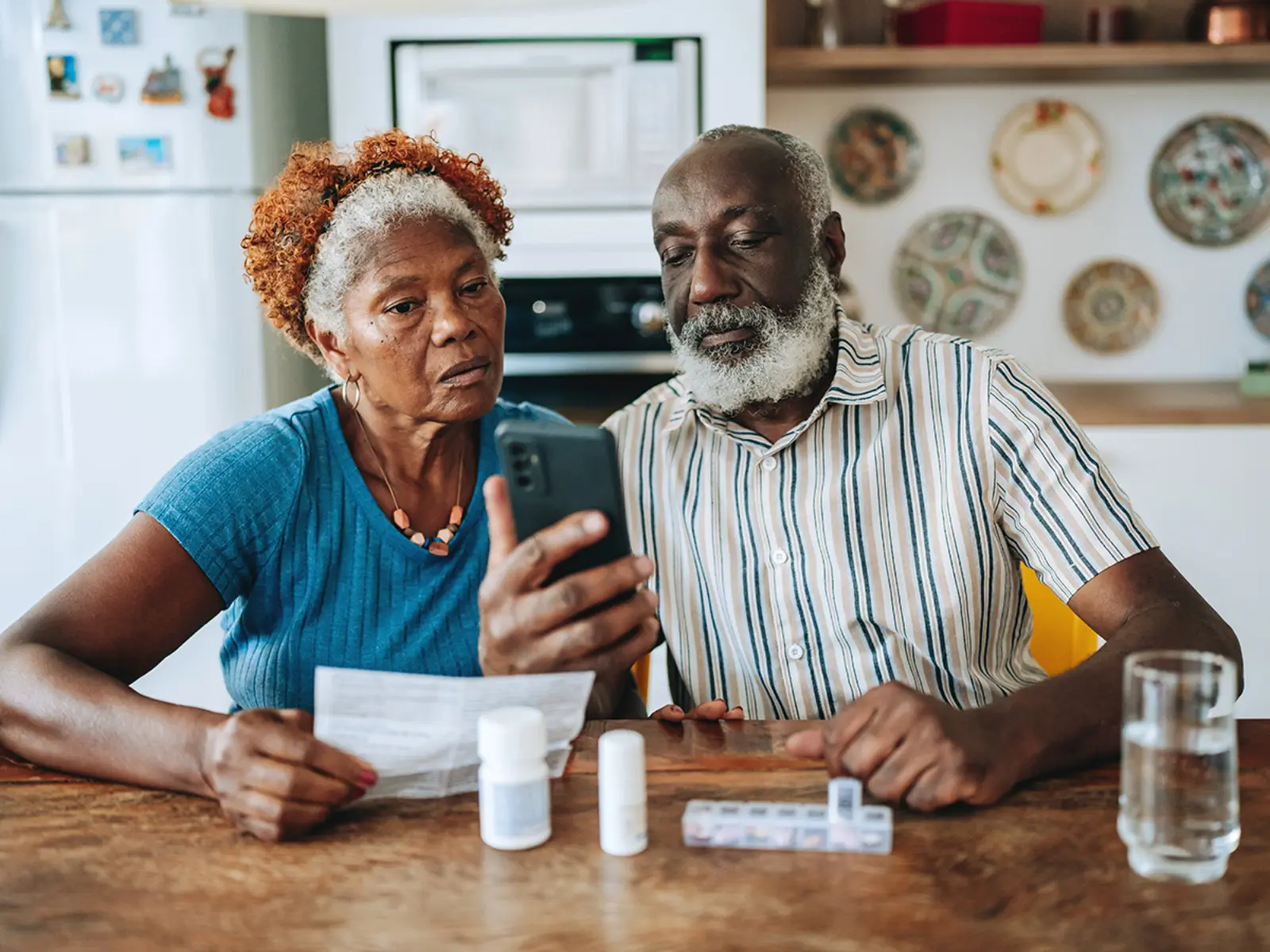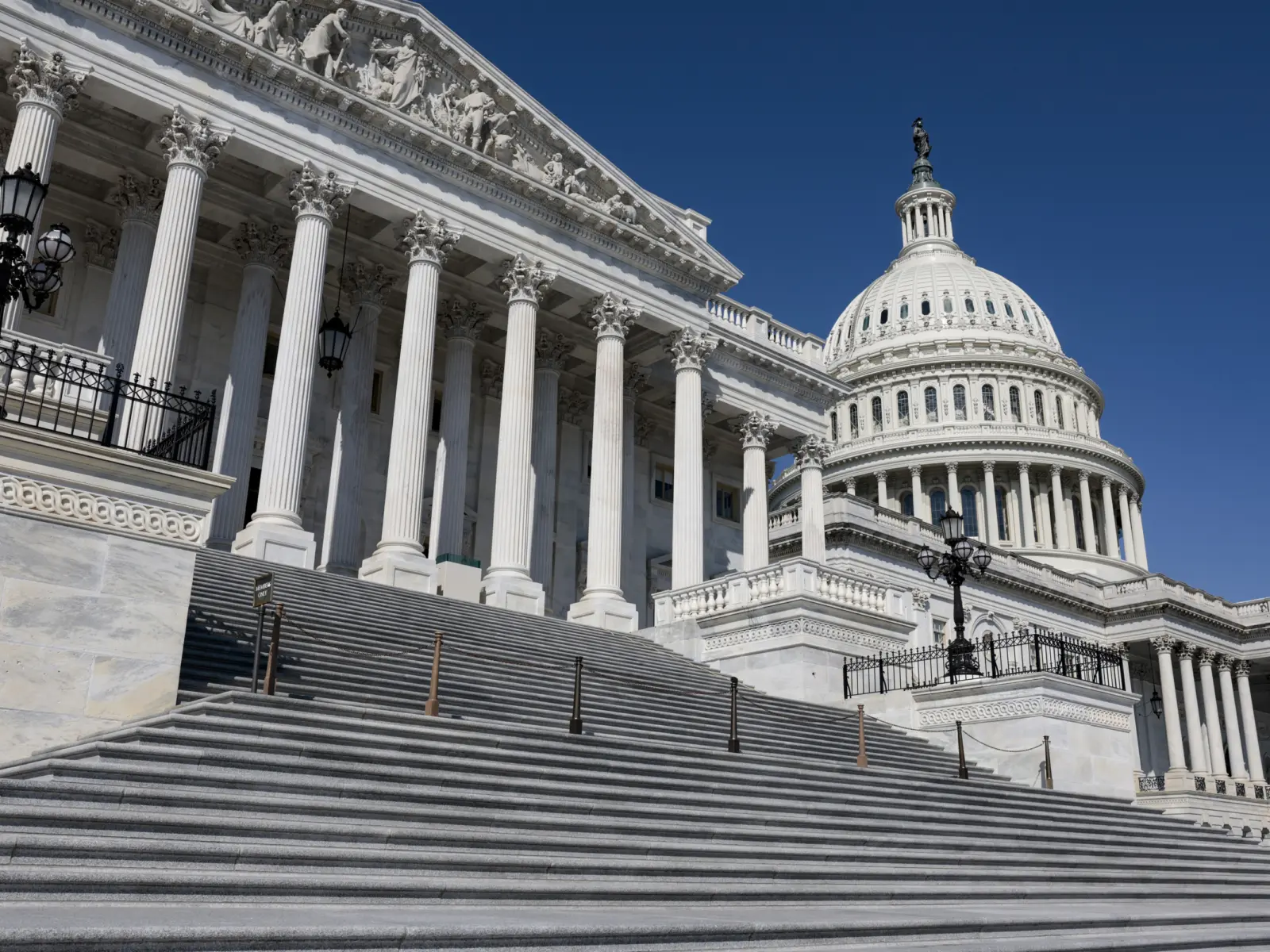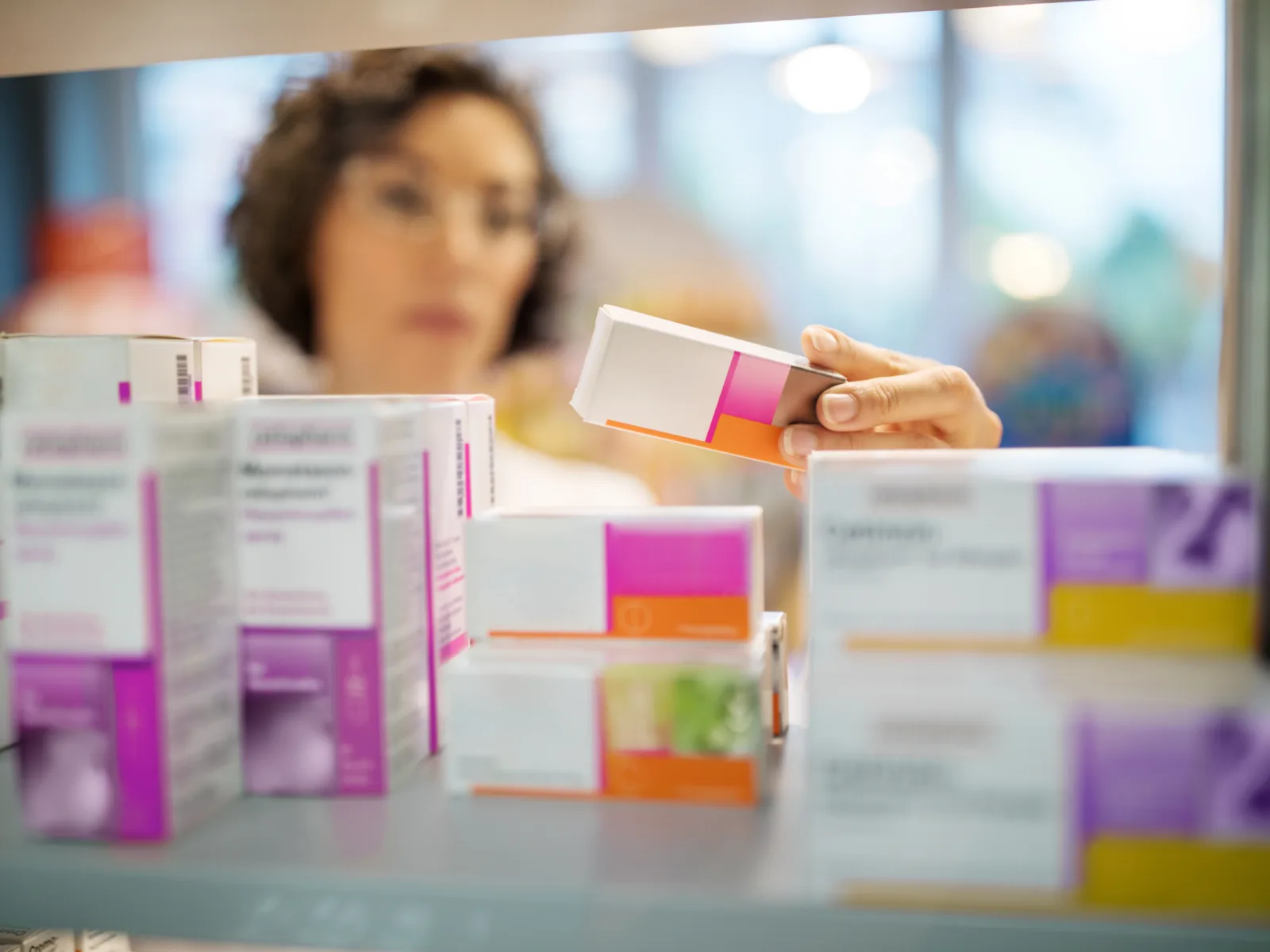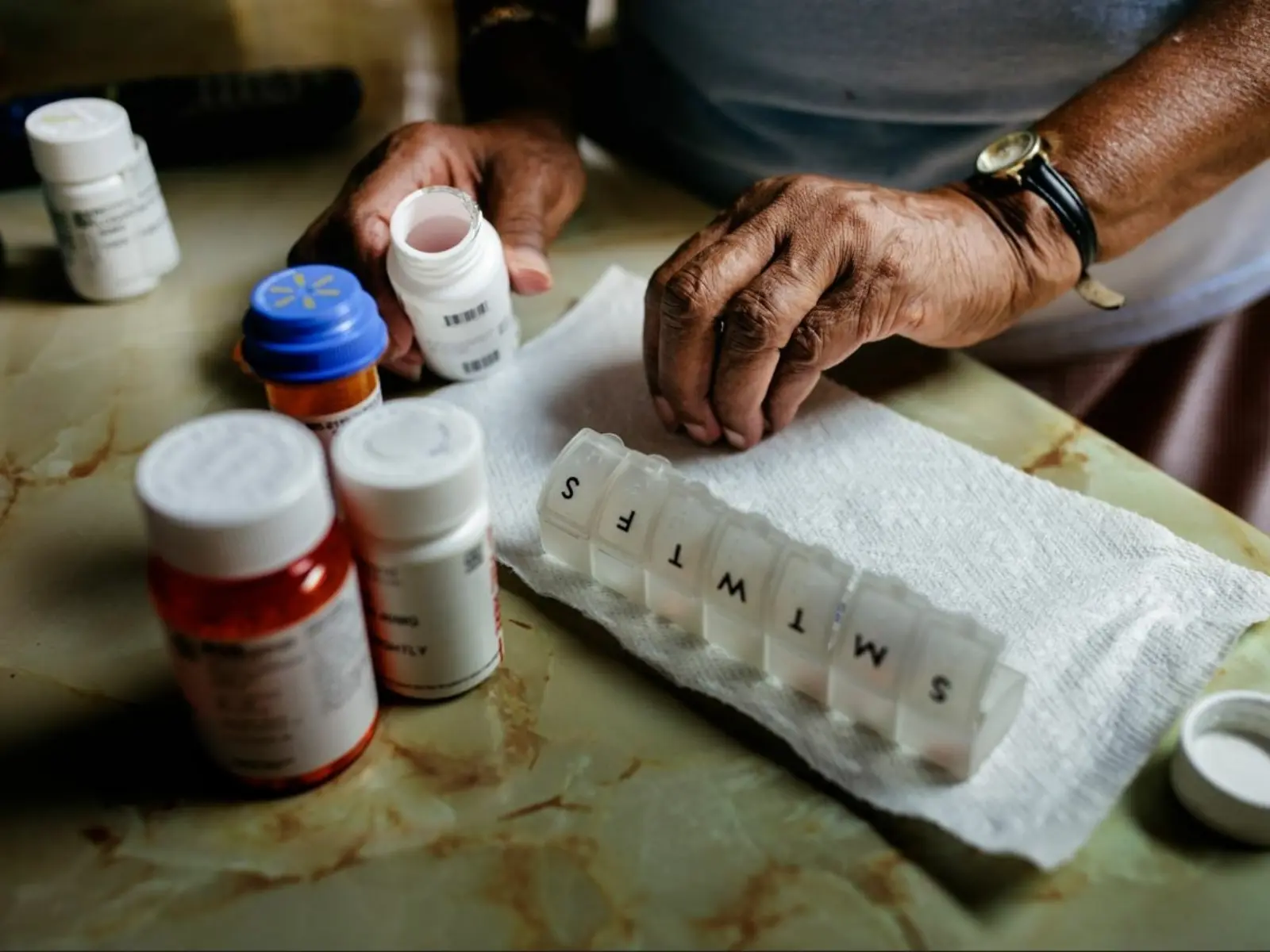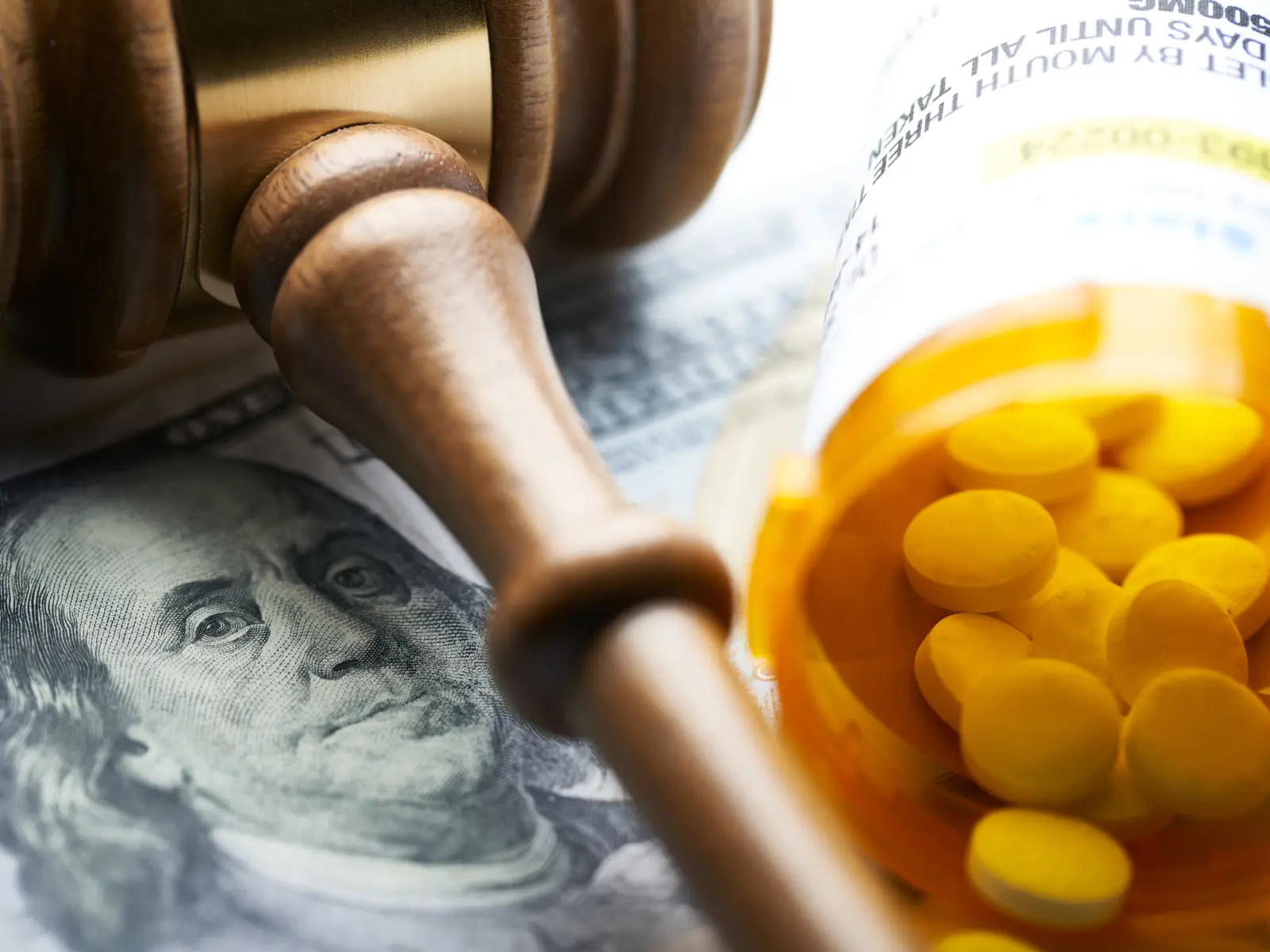Leading drug manufacturer AbbVie used anticompetitive tactics to suppress competition for some of its most profitable drugs, extending its grip over the market and extracting high prices for its blockbuster medications, according to a Congressional investigation released Tuesday.
In a 57-page document, the House Committee on Oversight and Reform detailed how AbbVie repeatedly hiked the prices of its two bestselling drugs — Humira, a medicine to treat rheumatoid arthritis, and cancer drug Imbruvica — by exploiting the U.S. patent system, abusing orphan drug protections, and stymying competition.
After reviewing more than 170,000 pages of internal company documents since 2009, the committee found that AbbVie intentionally targeted the U.S. for higher prices while the same drugs are available at a much lower prices to other developed nations. Had the United States had the same access to the discounted rates AbbVie agreed on in other nations, U.S. taxpayers could’ve saved billions of dollars, the committee found.
Anticompetitive Behavior
The AbbVie report was the latest in a series of investigations by the committee into anticompetitive behavior at some of the nation’s largest pharmaceutical companies. AbbVie initially resisted the committee’s request for materials, prompting Chairwoman Carolyn Maloney to threaten a subpoena, which spurred the company to turn over documents two years after they originally requested. In testimony to the committee Tuesday, AbbVie’s CEO Richard Gonzalez — like his peers from other drug companies who testified in the fall — struggled to justify why Americans are charged higher amounts for the same drugs than their counterparts overseas. Documents obtained by the committee show that AbbVie “intentionally targeted the U.S. for higher prices as it was forced to cut prices in the rest of the world,” according to the committee’s press release.
Anticipating lower-cost competition to its blockbuster drug Humira — long one of the world’s top-selling drugs — AbbVie secured patent settlements from biosimilar manufactures that stop market entry for approved Humira biosimilars in the U.S. until 2023, a delay that is expected to cost U.S. taxpayers $19 billion, according to the committee report.
Under its agreements, biosimilar manufacturers pay royalties to AbbVie once their products launch in the U.S., presumably increasing the price U.S. consumers have to pay. Biosimilar competition to Humira has launched in Europe, where biosimilars command discounts as much as 70 percent of what Americans are paying.
To further thwart competition for Humira, AbbVie built patent thickets around the drug, applying for 247 patents on Humira since its launch. The report found that 4.2% of Humira’s worldwide net revenue was spent on the drug’s research and development, but even those investments were aimed at blocking biosimilar competitors as opposed to meaningfully improving the drug for patients.
This strategy isn’t isolated to Humira. Of the roughly 100 best-selling drugs, nearly 80% obtained an additional patent at least once. A new report released last week by leading patent experts Initiative for Medicines, Access, and Knowledge (I‑MAK) found that Merck’s cancer drug Keytruda had applied for 129 patents, of which 53 were granted, which keep lower cost versions of the market for an additional eight years.
Number of Americans who say they struggle to afford and access the medications they need to survive and maintain a good quality of life.
These practices have kept prescription drug prices high — three out of 10 Americans now say they struggle to afford and access the medications they need to survive and maintain a good quality of life, according to the Kaiser Family Foundation.
Enriching Executives
The profits generated by Humira and Imbruvica served to enrich AbbVie executives, the committee found.
“AbbVie spent hundreds of millions of dollars on executive compensation and bonuses, including incentive payments explicitly tied to Humira revenue targets,” Maloney stated in her press release.
Meanwhile, the list prices of Humira and Imbruvica have continued to escalate. A year’s supply of Humira now comes with a list price of $77,000 — 470 percent higher than when the drug launched in 2003, the committee noted. Imbruvica has a list price of $181,529 for a year’s supply. Uninsured individuals and people who are underinsured who pay a share of list prices are especially affected by these excessively high costs.
“The excessive Humira price forces me to choose every month whether to eat or fill my prescriptions,” Katherine Pepper, a woman from Bellingham, Washington diagnosed with psoriatic arthritis told the committee Tuesday.
Tuesday’s hearing and report come amid heightened scrutiny on the practices within the pharmaceutical industry that have led to higher prices shouldered by patients and taxpayers.
Brand name drug makers like AbbVie have long engaged in anticompetitive tactics to extend their monopoly pricing and charge high prices for their drugs. The committee’s report on AbbVie mirrored a theme from its prior investigations into other major drugmakers, including Amgen, Celgene, Mallinckrodt, Novartis and Teva — a significant portion of pharmaceutical dollars are dedicated to suppressing competition from more affordable generic drugs and biosimilars and extending market monopoly, rather than investing in new therapies that provide meaningful clinical value beyond what’s already on the market.
As the U.S. mounts a recovery from COVID-19 and the financial downturn, lawmakers must take meaningful steps to lighten the load of excessive health care costs, including reining in prescription drug prices.
Learn more about effective policies.

